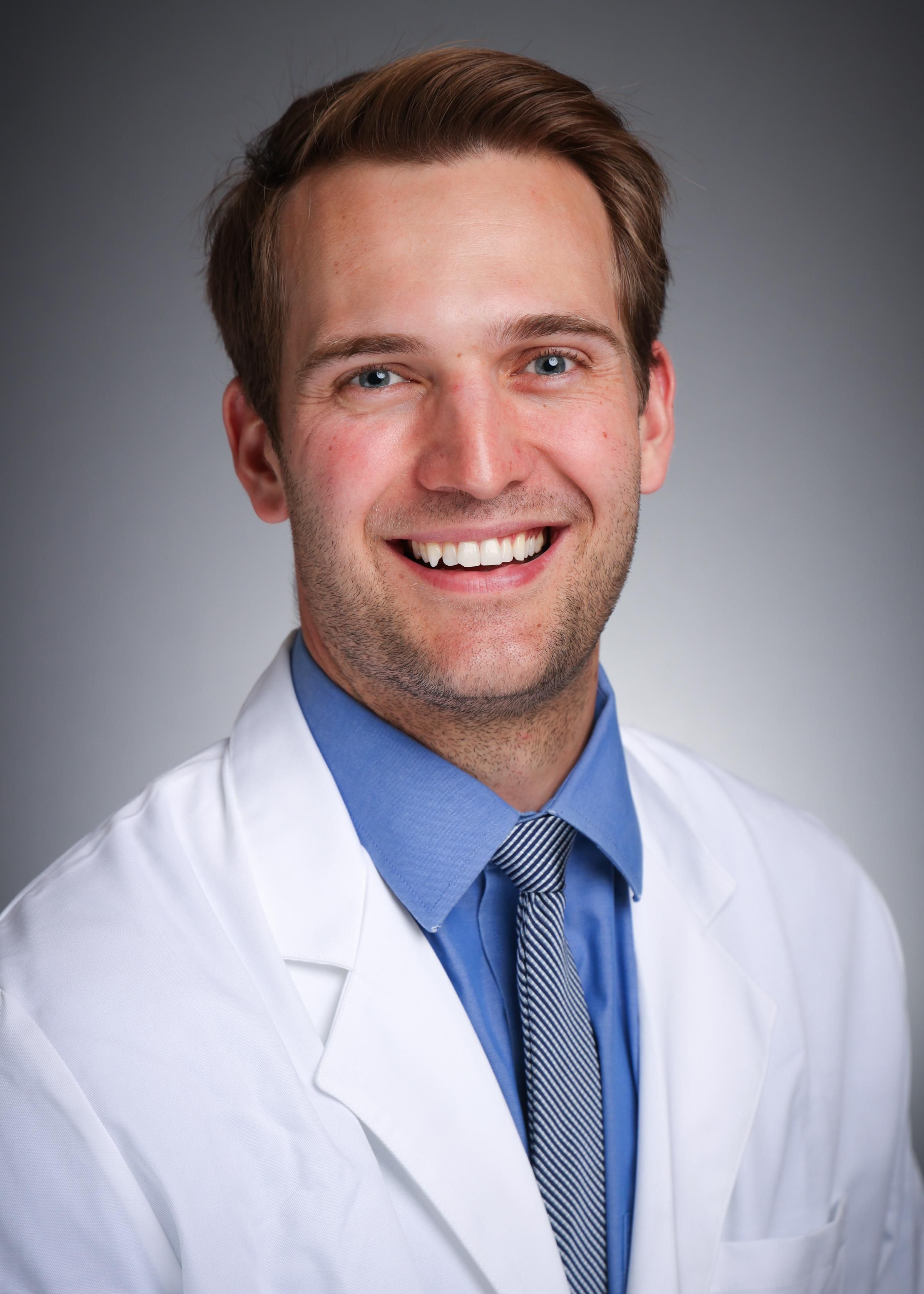
Noah
Hellermann
Positions
- Senior Assistant Resident, Med-Peds
- House Staff
Basics
Hometown
New York City, NY
College/University
The University of Chicago
Medical School
Columbia University
What are your career goals?
I'm interested in providing primary care. I'm also interested in adolescent medicine, as well as transitions of care from pediatrics to adulthood for patients with complex health conditions.
Reflections on the Duke Program
What were you looking for in a residency program?
I was looking for a program with an established med-peds presence, as well as a strong med-peds outpatient continuity clinic – I wanted to work with med-peds doctors across all aspects of my training. Beyond that, I wanted both a rigorous education as well as the opportunity to explore global health or work with the Indian Health Services. I also wanted to work with adolescent medicine specialists and to train
What are the strengths of the Duke Program?
Duke is a place that balances specialty care and referrals (sub-specialty patients are transferred to us all the time), with a strong network of outpatient primary care. The patients we serve bring an amazing range of experiences to the office. This, coupled with the structure that Duke provides, creates an incredible learning environment: the program leadership in Med-Peds is incredibly engaged (personally available and professionally supportive!). Finally, residency is hard, but Duke is a place where it's a little easier to take care of yourself.
What are your observations about the relationships between faculty and house staff?
Duke (and med-peds in particular) attracts it's own – I've been amazed by the med-peds graduates who have stayed on, as hospitalists, or leaders in clinic and research. As a result, faculty really know what is useful (and detrimental) to house staff, and make great teachers as a result.
Tell us about your co-residents. What has helped you connect, support each other, and form friendships?
We've connected over our mutual passions, ranging from advocacy to the strong feelings we have about access to care, social drivers of health, and evidence based medicine. Those mutual passions extend beyond the academic sphere, to biking and basketball, beer, boardgames, and cookouts. Having a close-knit program has also allowed me to learn from and socialize with upper level med-peds residents in ways I didn't expect!
What has surprised you most about Duke?
How often I've worked with and seen med-peds colleagues around the hospital (not to mention med-peds faculty!) has been a pleasant surprise – it's a great feeling to get a handoff from a familiar face, or sign out patient care to a co-intern over night.
About Life in Durham
What is the best thing about living in Durham and the Triangle?
Breweries abound! The farmer's market! Durham Bulls games and the performing arts center! The co-interns, pool parties, lawn games, and did I mention breweries?
Where did you choose to live and why?
I am living in the Ninth street area – good food and a walkable neighborhood, and close enough to thee hospital that I can bike!
What advice would you give to someone looking to move to Durham?
Consider all the living options – renting or buying, living in apartments, townhomes, or houses, or any of the neighborhoods across the city.
What are your interests outside of medicine?
The outdoors bring me joy – I bike, but also hike, camp, canoe, and swim, when I can. I love reading, chess, and sports (go Yankees and Packers), as well as basketball and lifting. I also love cooking and making cocktails, and will often have friends over to try out my latest concoctions.